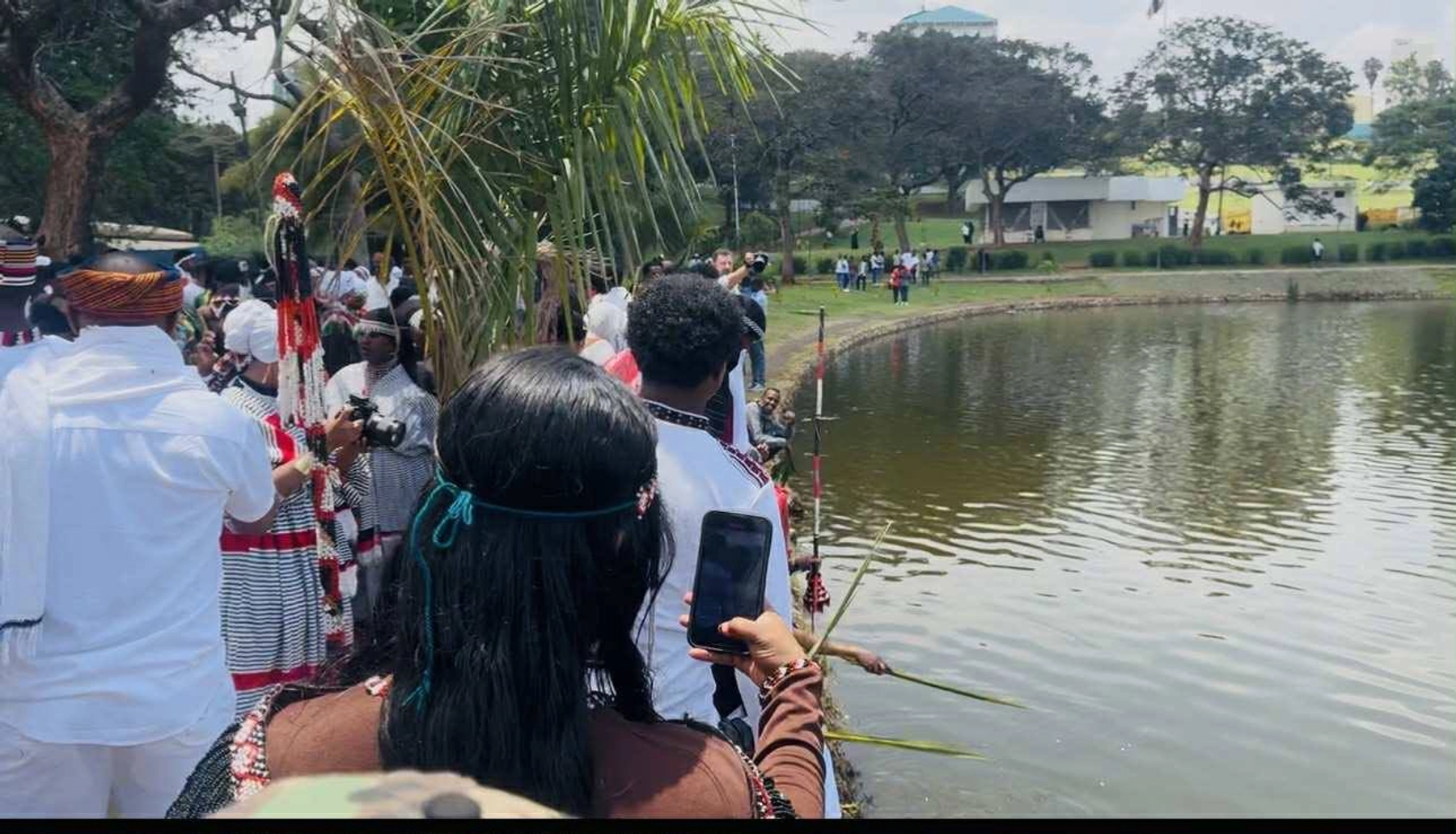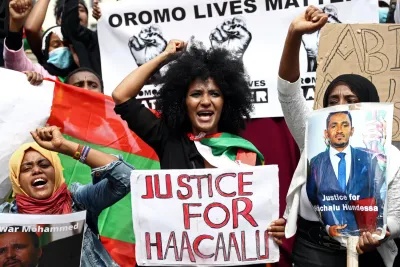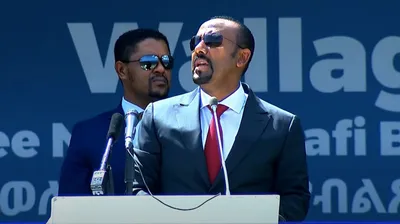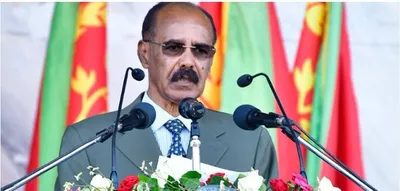Irreecha Nairobi: A New Dawn for Oromo Unity in Kenya

The Oromo community of Kenya celebrates Irreecha 2025 at Uhuru Park in Nairobi on October 25, 2025. Photo: Social Media.
On 25 October 2025, in the heart of Nairobi, the newly established Kenya Oromo Professional Association (KOPA) convened its’ first public Irreecha festival, bringing together Oromo communities in Kenya and our brethren from Oromia, Ethiopia’s largest state. This inaugural event marked a significant milestone as it represents a step toward unity, visibility, and the collective empowerment of the Oromo-speaking community in Kenya.
The Oromo communities in Kenya, including the Borana, Gabra, Orma, Sakuye, Wata, and other smaller groups, reside primarily in three counties: Tana River, Isiolo, and Marsabit. They are, collectively, a minority in Kenya and have for decades found themselves socially, politically, and economically behind many other Kenyan communities.
The context of marginalization
Despite sharing a common Cushitic language heritage, Oromo Kenyans have lacked the cohesive institutional frameworks to advocate for their rights. Politically and economically, our people face multiple forms of structural marginalizations, including low literacy levels, limited access to key public services, weak community representation, and minimal influence in national resource allocation. In pastoral counties such as Marsabit or Tana River, governance and service delivery are often weak, especially in areas where Oromo–speaking communities inhabit.
Divisions among Oromo communities
A primary obstacle to progress is the persistent disunity among our own communities, often amplified by local elites and politicians. For example, in Marsabit County, the Borana and Gabra communities have for years been locked in a vicious cycle of land and pasture disputes, cattle raids, and political competition. These conflicts have resulted in deaths, displacement and property destruction. The broader pattern of resource-driven violence is confirmed in research pointing to the historic rivalry between Borana and Gabra over grazing land and territorial claims.
In Isiolo County, local leaders often accuse external political forces of stoking fault-lines and using tribal sentiments to drive unrest thus reinforcing intra-community rivalry rather than unity.
In Tana River, among the Orma community (who are part of the Oromo family), significant internal division persists for instance between Orma and Wardey sub-groups undermining shared political and social mobilisation. These splits mean that our people are often pitted against one another in competition for scarce resources or political appointments, instead of forging alliances that could lift the whole Oromo family in Kenya.
The absence of institutional advocacy
Because we lacked a substantive institution with national reach, Oromo Kenyans have had no unified voice to demand equitable inclusion in the national political economy. Our community shares the common experience of being overlooked: refugees from Oromia residing in Kenya face police harassment, limited access to health and education services, and virtually no dedicated political representation. In short, our people have lacked the organisational capacity to present a shared platform and advance Oromo interests as a collective.
Why the Irreecha Festival?
It is against that backdrop that KOPA hosted its first public Irreecha festival. The choice of Irreecha, an annual thanksgiving and renewal ceremony deeply rooted in Oromo culture, was deliberate. The festival offered a symbolic and practical means to unite disparate Oromo groups in Kenya (Borana, Gabra, Orma, Sakuye, Wata, and others) and strengthen our bonds with Oromos from Oromia.

By gathering in Nairobi, we created a visible public event signaling: We are Oromo and we will recognise and celebrate our shared identity. We stand together to challenge the marginalisation, disunity, and invisibility imposed upon us. We commit to building a united institutional voice that defends our rights, advocates for representation, and promotes socio-economic advancement.
Our goal moving forward
At KOPA, our goals now include: Establishing a continuous platform for dialogue among all Oromo communities in Kenya (across Borana, Gabra, Orma, Sakuye, Wata). Building capacity in the areas of literacy, civic education, and political advocacy to enable our people to engage fully as citizens of Kenya. . Advocating for resource equity at the county and national levels so that Oromo-inhabited regions are not left behind. Supporting Oromo refugees and stateless persons in Kenya to access education, health services, and legal protection. Encouraging inter-community reconciliation and ending the destructive cycles of intra-Oromo conflict (for example, between Borana and Gabra in Marsabit, or within Orma in Tana River). Ensuring that the Oromo voice in Kenya is raised not as a collection of fragmented tribes, but as a cohesive, progressive community with common interests in social justice, cultural dignity, and development.

The Irreecha festival of 25 October 2025 was not merely a cultural gathering; it was a statement of intent. It was the first step in a long journey toward Oromumma. The idea of belonging to the Oromo family, of raising our collective voice, and of not remaining invisible in Kenya’s national narrative. Through unity we can overcome the legacy of division, marginalisation, and neglect. Through institution-building, we can open doors to education, political inclusion, and socio-economic advancement.
As Secretary-General of KOPA, I call on all Oromo professionals, elders, youth, and diaspora to stand with us, to join hands across our counties and clans, and to commit ourselves to building a future where our people are visible, valued, and victorious.
We need your support
We trust you found something of value in this article. If so, we kindly ask you to consider helping Curate Oromia continue its work.
If you believe in the importance of independent voices and honest reporting, we invite you to support our efforts through our GoFundMe campaign.
Every contribution, however small, goes directly to our writers and the expansion of our reach.
Thank you for your support.



